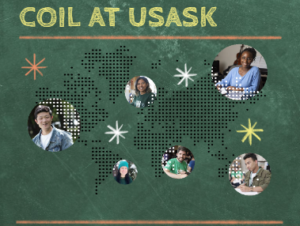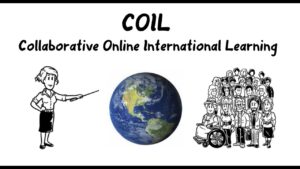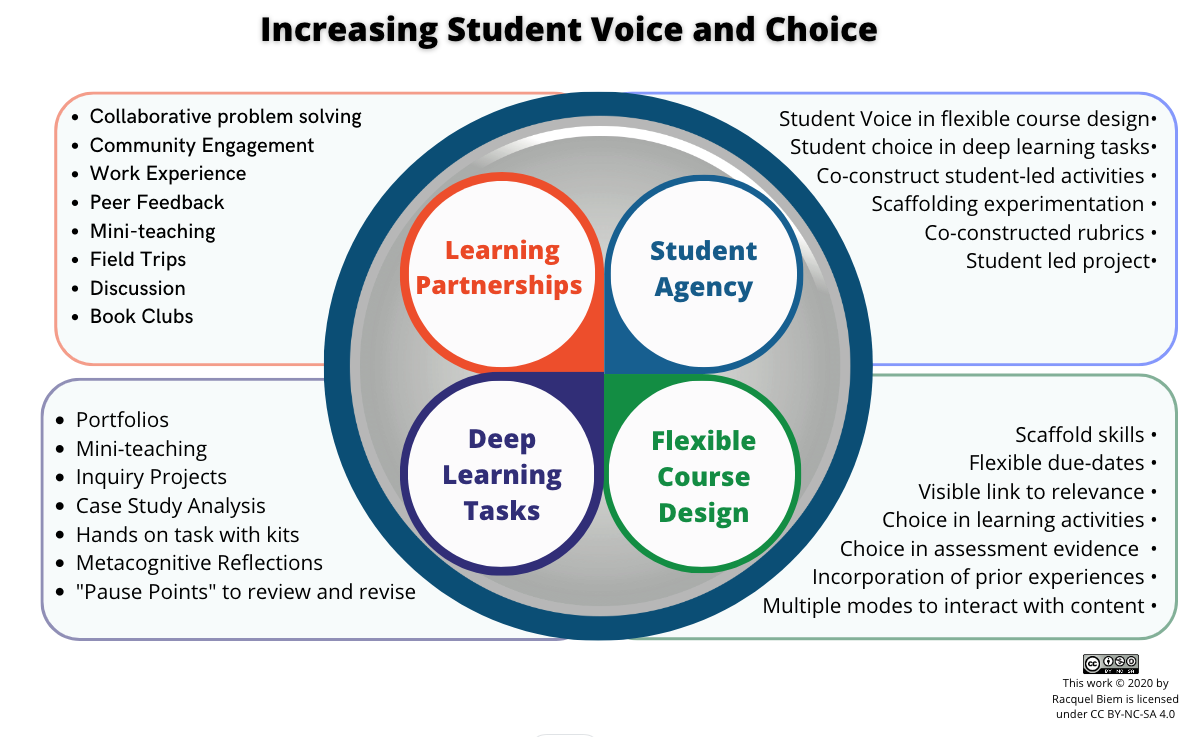Collaborative Online International Learning – and Teaching!
by Monica del Valle, MSc (Marketing), USask.
Monica was a Teaching Assistant for multiple COIL projects from 2021 to 2023.

“Experience is the hardest kind of teacher. It gives you the test first and the lesson afterward.” – Oscar Wilde
I started my MSc in Marketing in September 2021 and even before my program began, both my Associate Dean, Dr. Marjorie Delbaere, and Department Head, Dr. Maureen Bourassa thought of me due to my Latin American background and professional experience, to collaborate in an international educational initiative planned at the Edwards School of Business. Throughout my career, I have worked and connected with culturally diverse groups, as well as developed the ability to take initiative, worked independently, and collaborated with global teams whose goals imply effective cooperation. Therefore, I found it extremely exciting to be part of Collaborative Online International Teaching (COIL) projects which involved cross-cultural experiential learning with prestigious higher education institutions abroad.
I had the opportunity to participate as a Teaching Assistant with COMM340: International Business, a course for undergraduate students during four terms (2021 – 2023) and had the privilege to assist Professor Cheryl Loadman, first in supporting and then coordinating the projects while liaising with the professors and students from Tecnológico de Monterrey (Mexico) during four terms, Universidad de los Andes (Colombia) for three terms, and Hong Kong Baptist University (China) for one term. I became part of the faculty team with hands-on work, contributed with ideas, assisted in constructing these global collaborations, and helped wrap up each project.
The whole experience was very fulfilling for me and because the project was a new initiative for everyone, it allowed me to be creative, share ideas, and learn together with the faculty and the students. Since I was assigned to this global classroom experience, I committed myself to provide a transformative learning experience by collaborating across academic disciplines and countries.
In the beginning, I prepared myself by taking a COIL course for student facilitators  and wrote a reflection after the first term I supported the project, which I read now, after four terms and confirmed my appreciation for the experience.
and wrote a reflection after the first term I supported the project, which I read now, after four terms and confirmed my appreciation for the experience.
Then, in the last term, I participated in an Internationalization: The Global Classroom course with the Gwenna Moss Centre which helped me apply deeper insights into my contribution to this experiential learning initiative. I am certain that the success of all these projects would not have happened without the trust I earned from Professor Loadman.
Each COIL partner institution had its own case study and video interactions, cultural exchange, course content application, and self-reflection submissions. We experienced several online apps to communicate and engage students, used different learning management systems or synchronized drives to follow up tasks, and explored different activities to work on individually, in pairs, or through mixed group teamwork. Additionally, we worked across different time zones, languages, program majors, and academic generations.

Assessment was based on the student’s performance, commitment, and effective interaction with the partnering students. Students needed to apply business simulations and collaborate with people of different ethnic backgrounds, cultural values, and social mores who used different strategic thinking and problem-solving approaches.
As the projects went on and students’ reflections were submitted, I learned our students enjoyed getting to know the cultural similarities and differences, building relationships, and recognizing the values of respect and empathy.
The biggest takeaways for me were learning that this global classroom practice allowed students to identify skills they did not know they had, gain confidence for future business practices, and interestingly, acknowledge Canadian multiculturalism from a business perspective.
This experience was truly valuable, and I am beyond grateful for it because it allowed me to foster student engagement and facilitate cross-cultural internationalized learning. During two years of dedication, this has helped me to confirm why I find the diversity of the world immensely appealing, and to be respectful of alternative views, and decisions in favor of solutions.
If you’d like information about doing a funded COIL project, email Roberta at r.campbell@usask.ca.
Images above from COIL USask, COIL Teacher/Globe YouTube and Worldwide exchange – HKA University.

